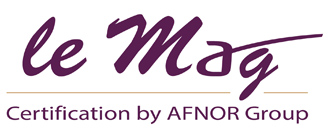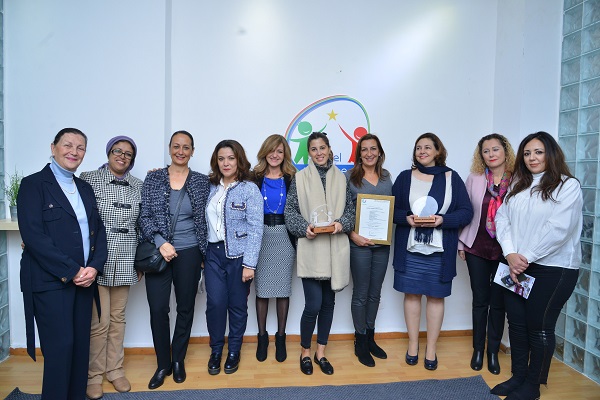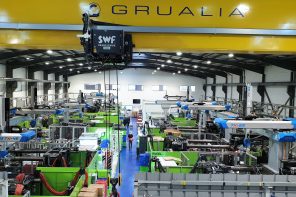In Morocco, the private crèche model is growing. But how can parents judge the quality of care between different establishments? An AFNOR standard helps hand down the verdict. The Child Care Label rewards those that properly adhere to the standard. Here’s the story of two crèches in Casablanca.
Private crèches are taking over Morocco, as they are considered more suitable to parents’ new needs. Faced with the challenge of identifying a single set of quality criteria across establishments, a group of crèches along with consultancy Qualifes had the idea of developing a special standard unique to the country. So they called upon AFNOR Morocco and AFNOR International to help to create a list of specifications – completely unique to Morocco – whose proper application entitles users to a special certification: the Child Care Label.
For parents, sending their children off to a crèche can be justifiably worrisome. After listening to their concerns, questions and fears, the first piece of a new quality model has fallen into place. “The standard is a valuable working tool to transparently formalize our daily practices and present the environment in which children grow. It also allows us to recognize the professionalism of our staff,” explains Khadija Hakimi-Ameglio, director of École Buissonnière, one of the two recently certified crèches in Casablanca. This is important, since some crèches can be more concerned with money and profitability than with the well-being and growth of the child.
Child Care Label: A safe and structuring framework
For Fadela Bennani, director of Crèche–Jardin d’Enfants Kenzi, parents’ peace of mind is indeed one of the objectives, but the label also rewards continual improvement. “Even though quality has been on our radar for nineteen years, much remained to be improved, in terms of both registration procedures and basic safety, such as fire evacuation requirements and first-aid training,” says Bennani.
The label and the standard on which it is based are now a source of pride for the staff. They place a lot of importance on commitment to the community, such as guaranteeing free admission to a certain number of underprivileged students or those with disabilities.
Common sense and good practices
For Élisabeth Ferro-Vallé, who was involved throughout the Moroccan project in her role as auditor for AFNOR Certification, it all comes down to sharing experiences. “It’s not enough to make recommendations. They have to be feasible and compatible with local practices and customs. It’s not about importing and imposing a type of expertise. I made some adjustments to the existing standard and emphasized the importance of some additional points such as risk management and safety and prevention measures,” Ferro-Vallé says.
Then it comes time to test the applicability in the field in order to verify that the defined criteria can be assessed and quantified objectively by the auditors who will visit the customer. The information should be simple so that people can better understand and take ownership of the task. “It’s essential to finely calibrate the certification, so that it’s neither so simple that it has no credibility, nor so demanding that it will dissuade people interested in the process,” Ferro-Vallé stresses.
This standard is proof of the desire to shake things up in Morocco. So let’s salute the caravan as it presses on and keeps up the great work in Morocco !
One label, seven commitments
• Pedagogy adapted to the needs of the child
• Personalized support
• Clear and transparent admissions procedures
• A relationship based on listening and sharing experiences
• A safe environment
• A space where children can thrive
• A commitment to the community with free admission for underprivileged children





